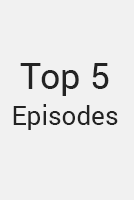Crash Course World History
(2012)Streaming Episode Guide

World History 2
In 30 episodes, John Green rethinks world history! In round two we take a different approach and try to think more thematically rather than chronologically. By the end of the course, you will be able to: *Think about history thematically and in terms of systems, not just important events *Analyze the context of historical events, developments, and processes and explain how they are situated within a broader historical context *Explain the importance of point of view, historical situation, and audience of a source *Question how what we think of as “history,” how it is written, and what biases are at play in a workDemocracy, Authoritarian Capitalism, and China
Episode 30 - 4-04-2015

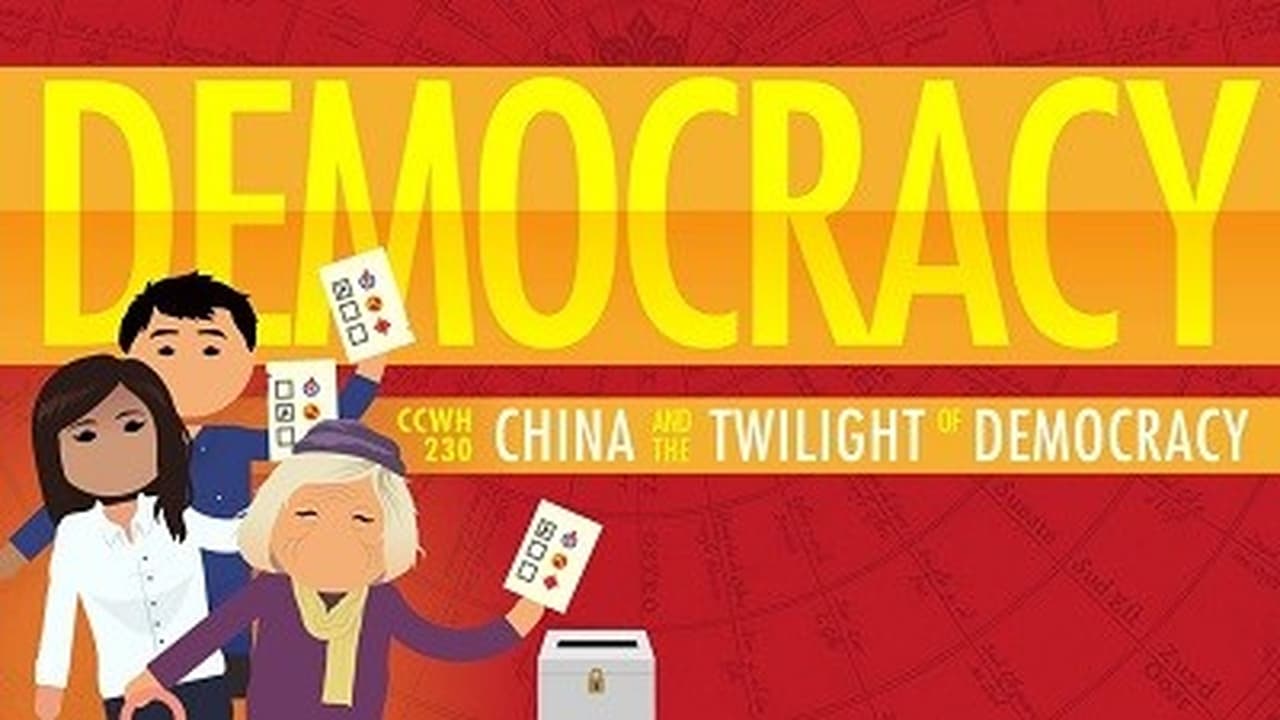
Capitalism and the Dutch East India Company
Episode 29 - 3-18-2015

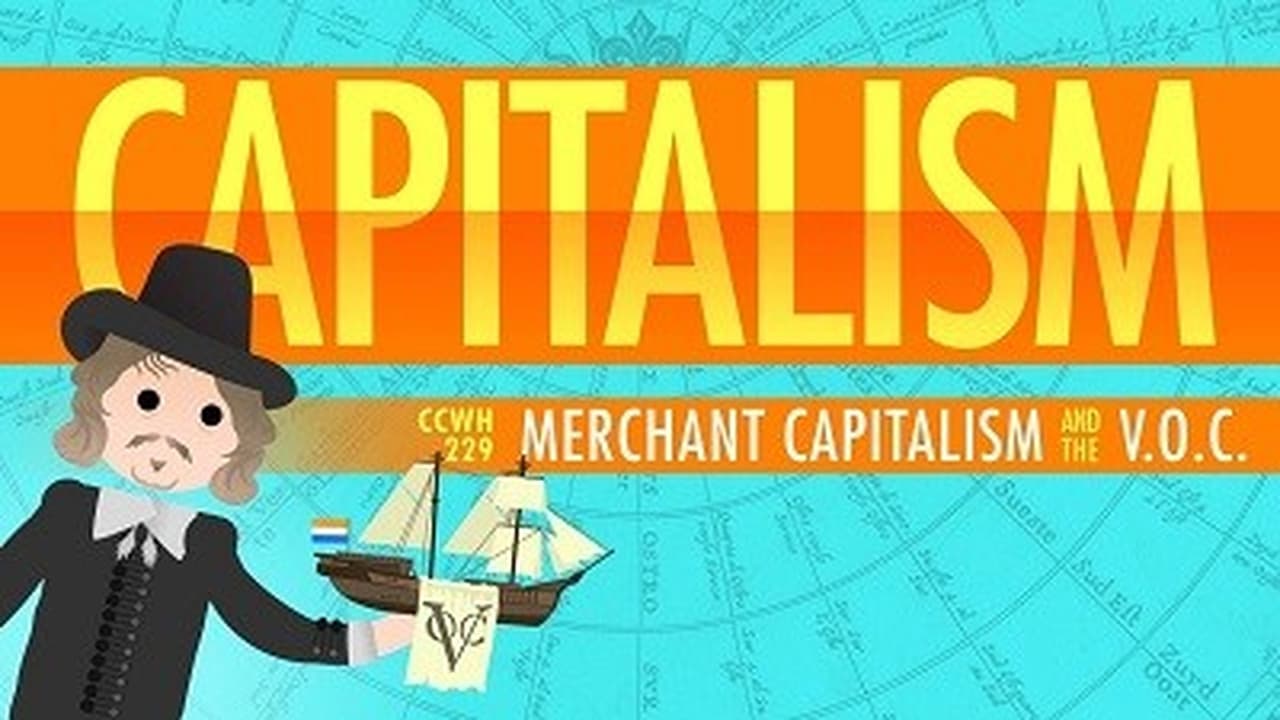
Nonviolence and Peace Movements
Episode 28 - 3-13-2015

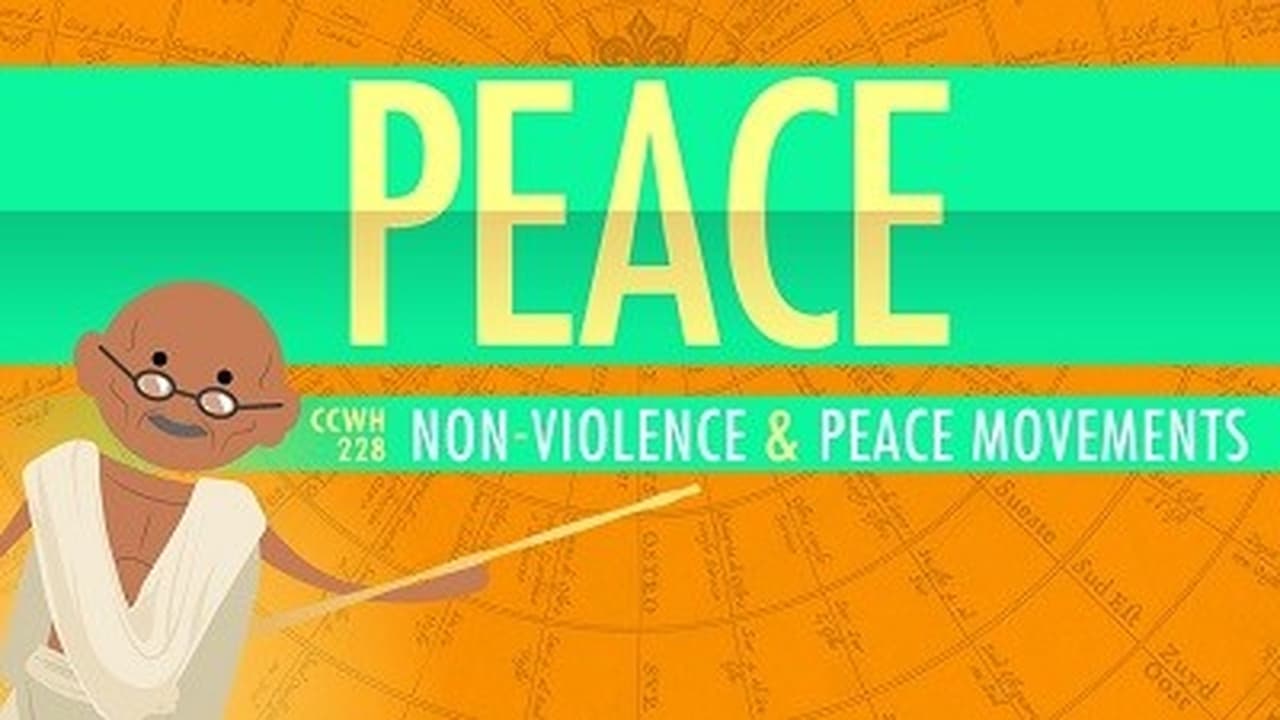
Japan in the Heian Period and Cultural History
Episode 27 - 3-04-2015

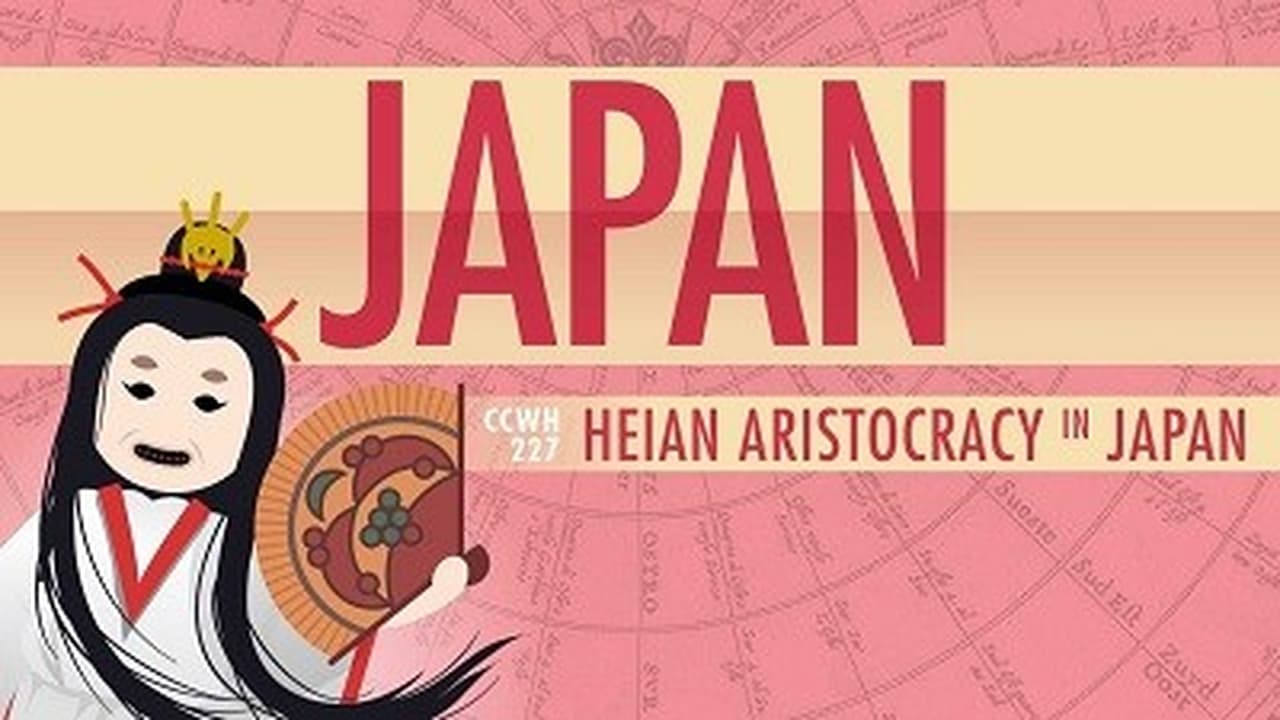
Iran's Revolutions
Episode 26 - 2-26-2015

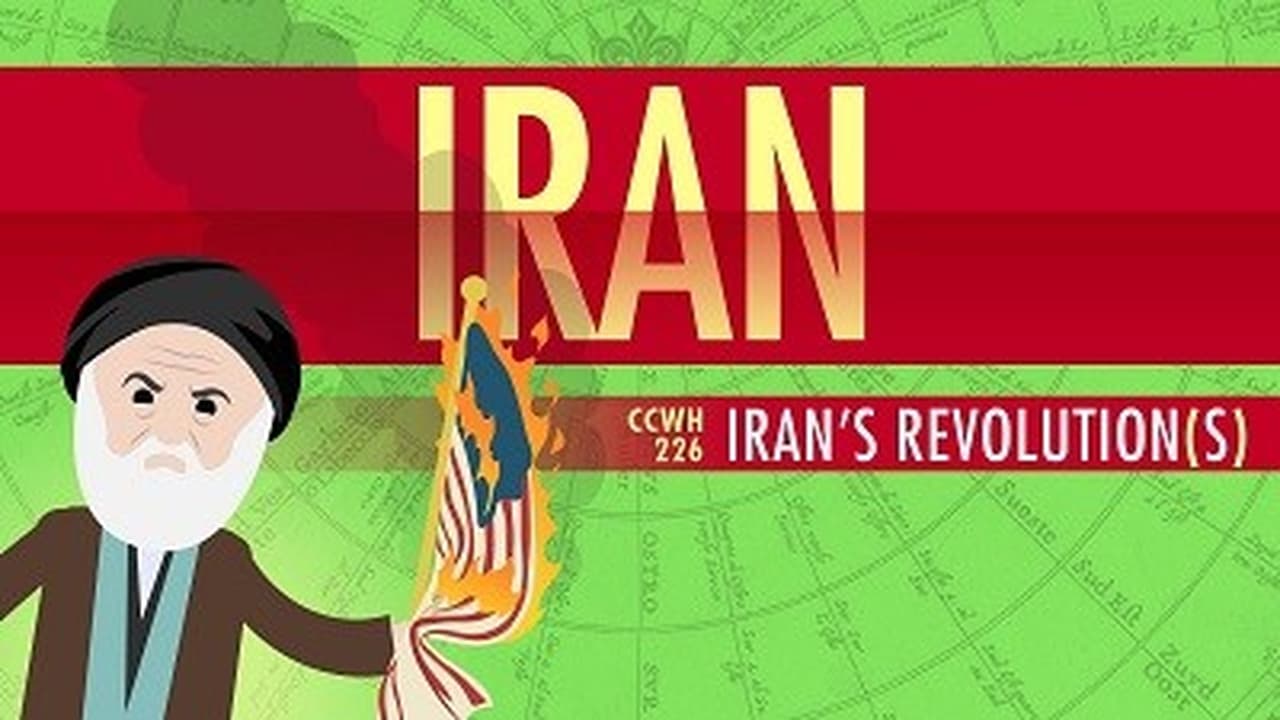
War and Nation Building in Latin America
Episode 25 - 2-11-2015

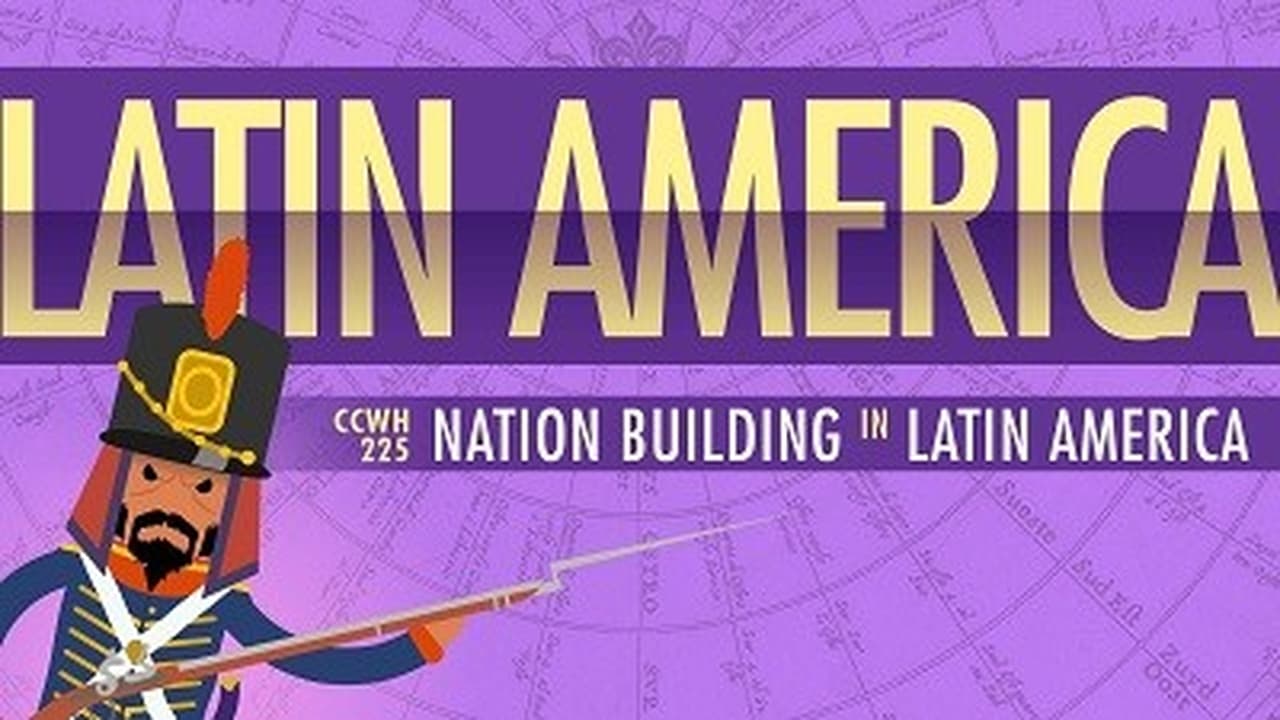
The Vikings!
Episode 24 - 2-04-2015

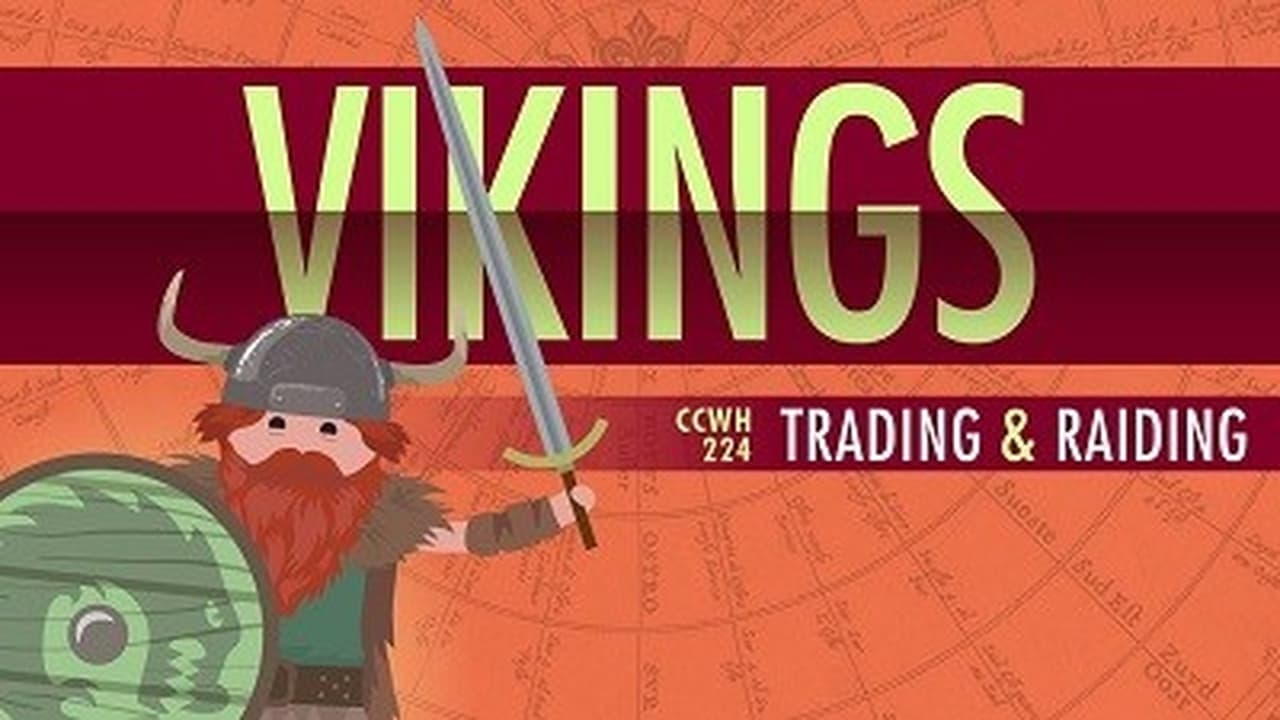
Conflict in Israel and Palestine
Episode 23 - 1-28-2015

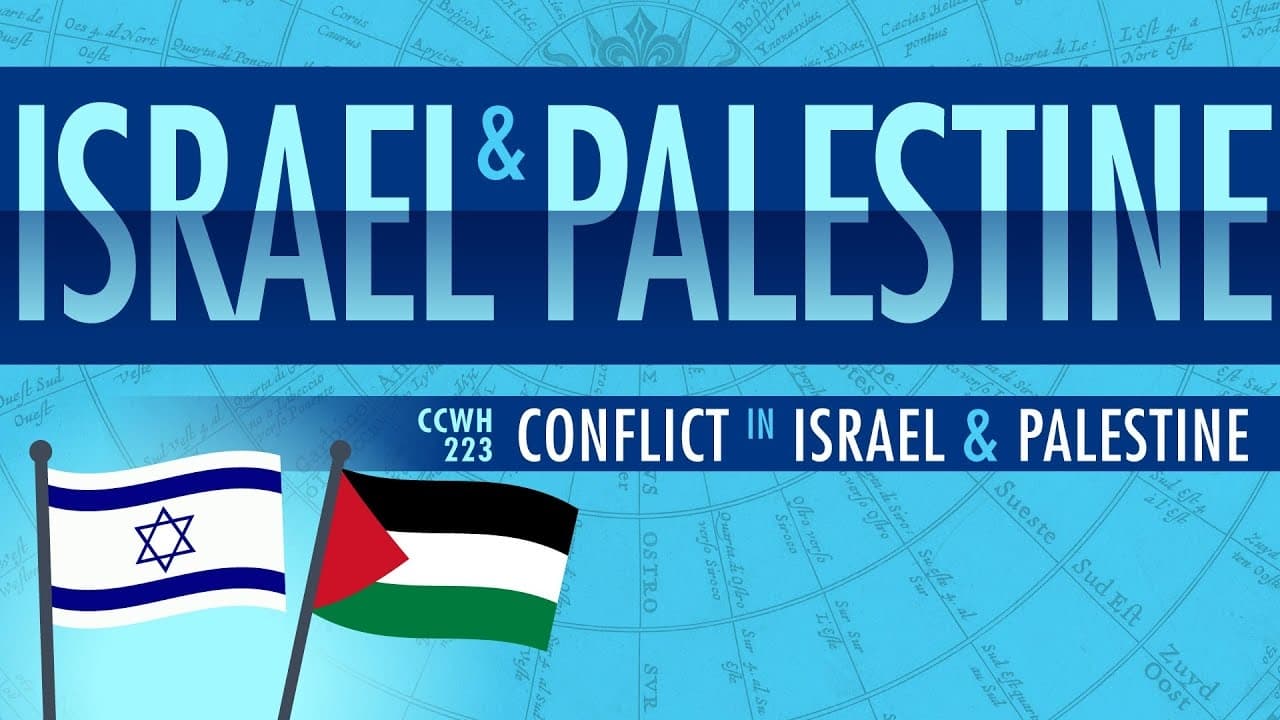
Water and Classical Civilizations
Episode 22 - 1-21-2015

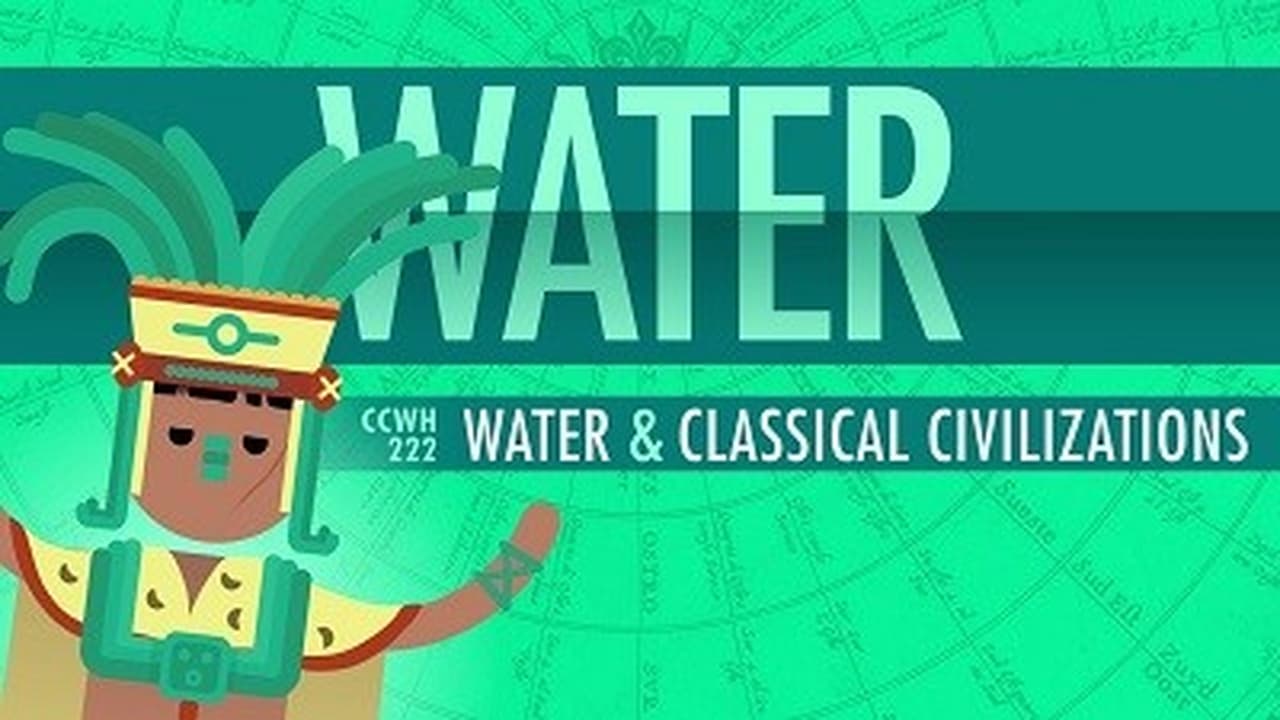
Congo and Africa's World War
Episode 21 - 1-16-2015

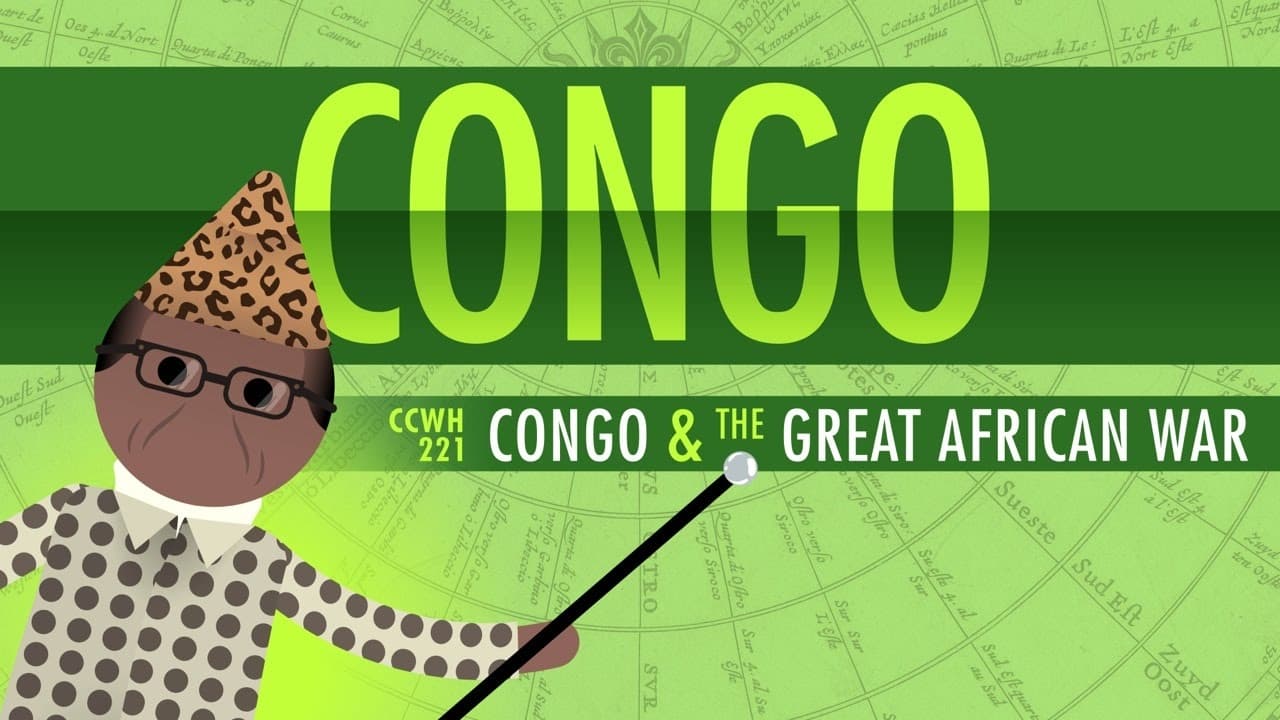
World War II, A War for Resources
Episode 20 - 12-14-2014

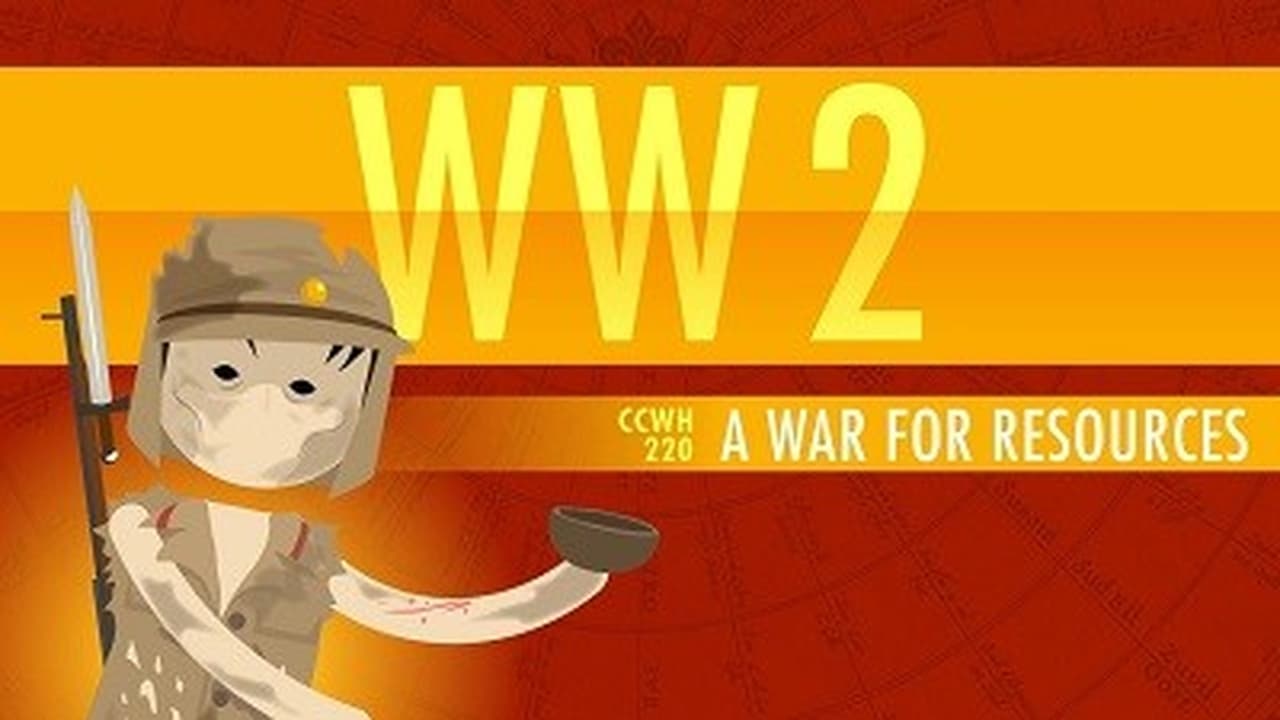
Charles V and the Holy Roman Empire
Episode 19 - 12-05-2014

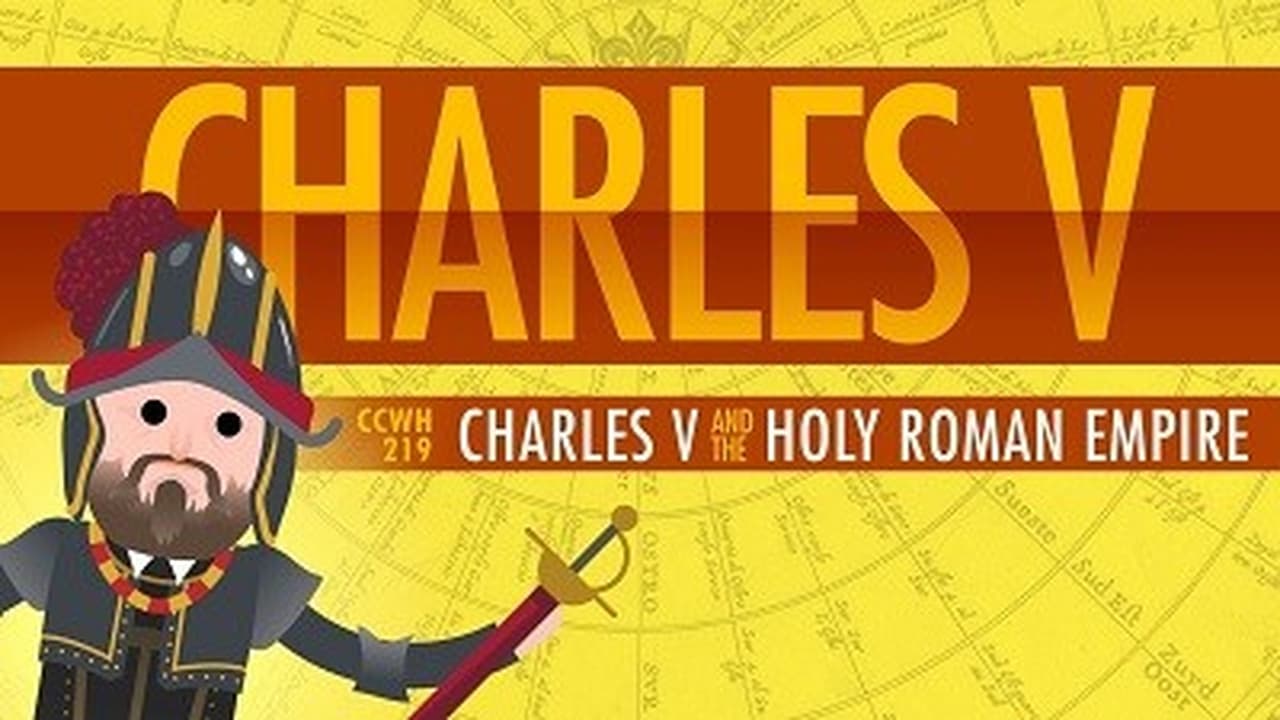
Luther and the Protestant Reformation
Episode 18 - 11-29-2014

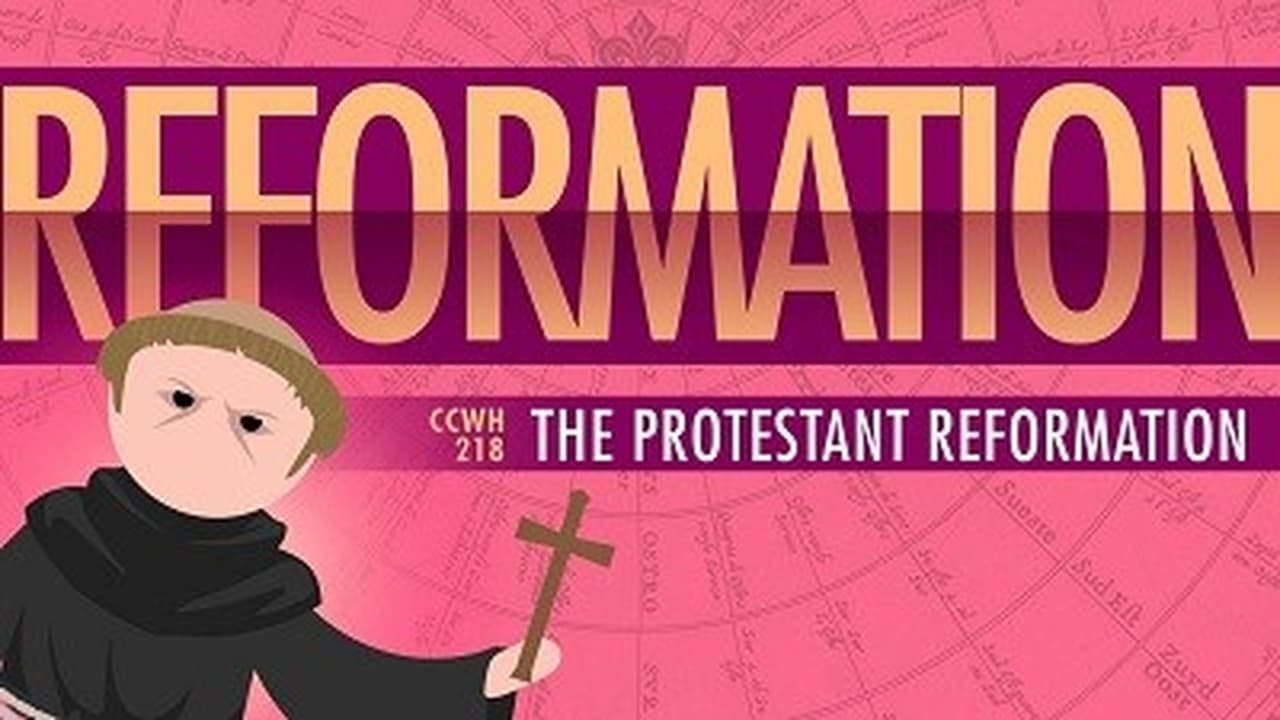
The Mughal Empire and Historical Reputation
Episode 17 - 11-21-2014

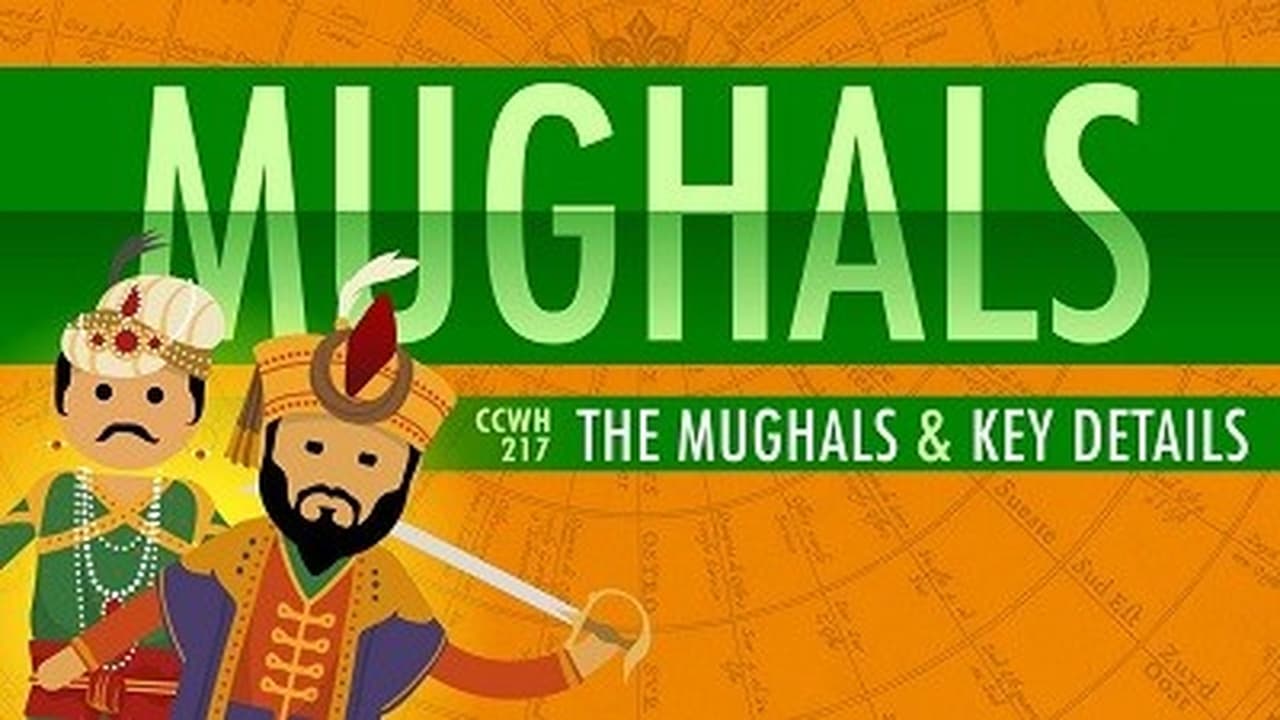
Islam and Politics
Episode 16 - 11-14-2014

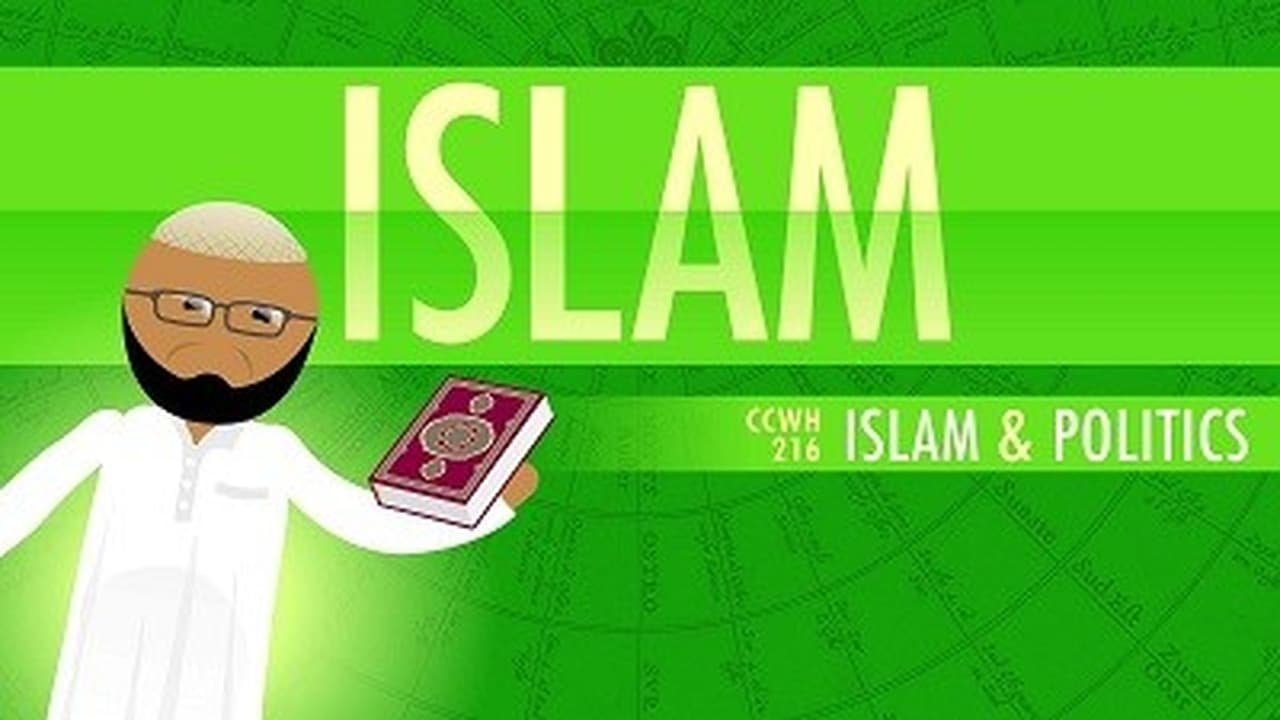
Population, Sustainability, and Malthus
Episode 15 - 11-07-2014

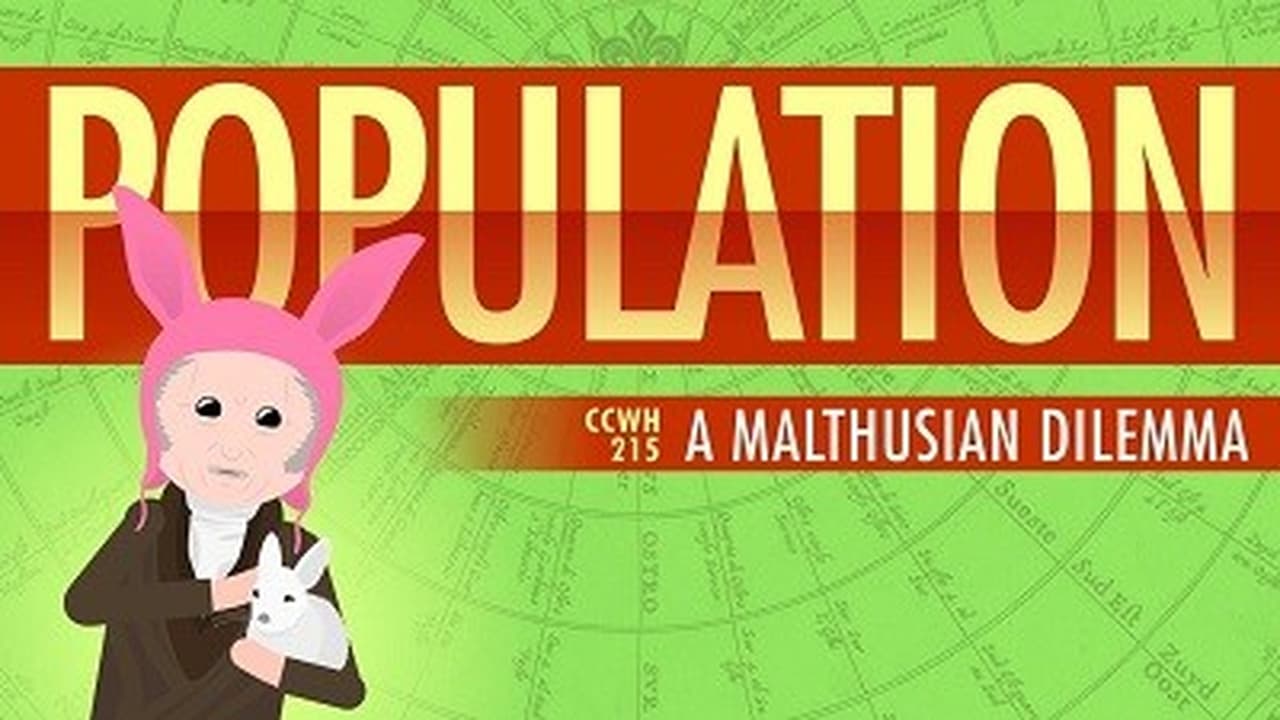
The Railroad Journey and the Industrial Revolution
Episode 14 - 11-01-2014

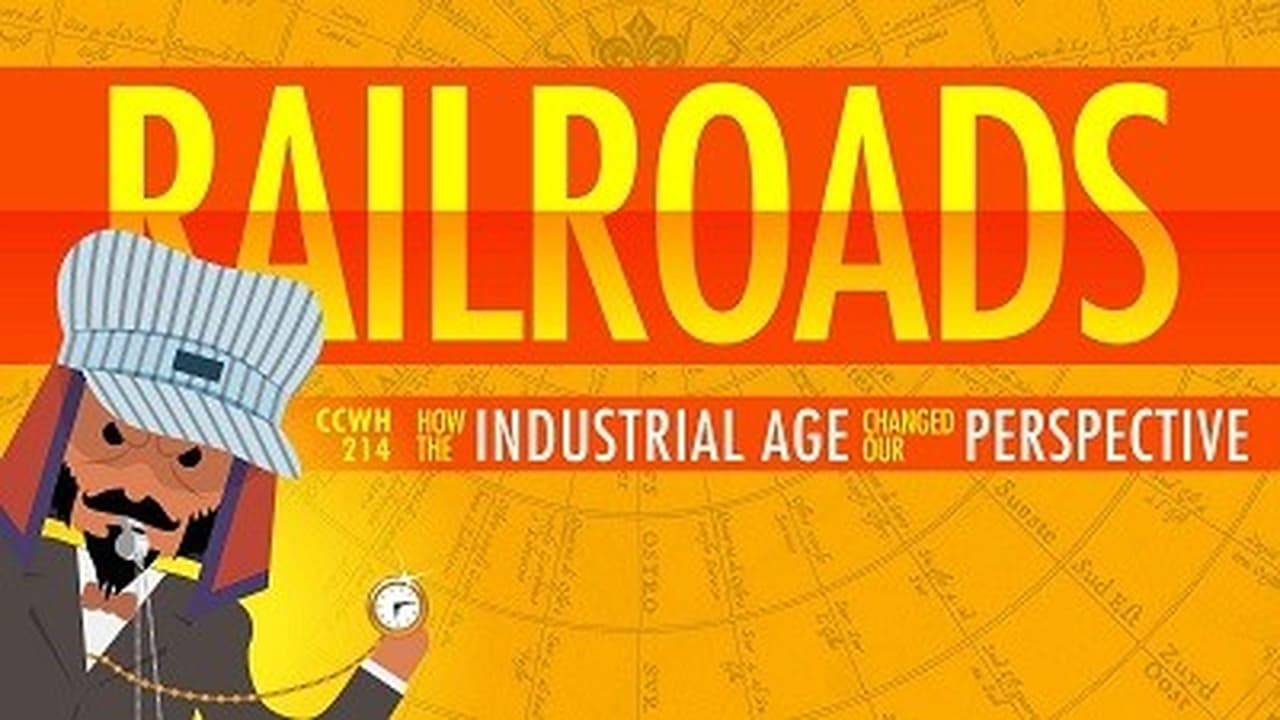
Asian Responses to Imperialism
Episode 13 - 10-24-2014

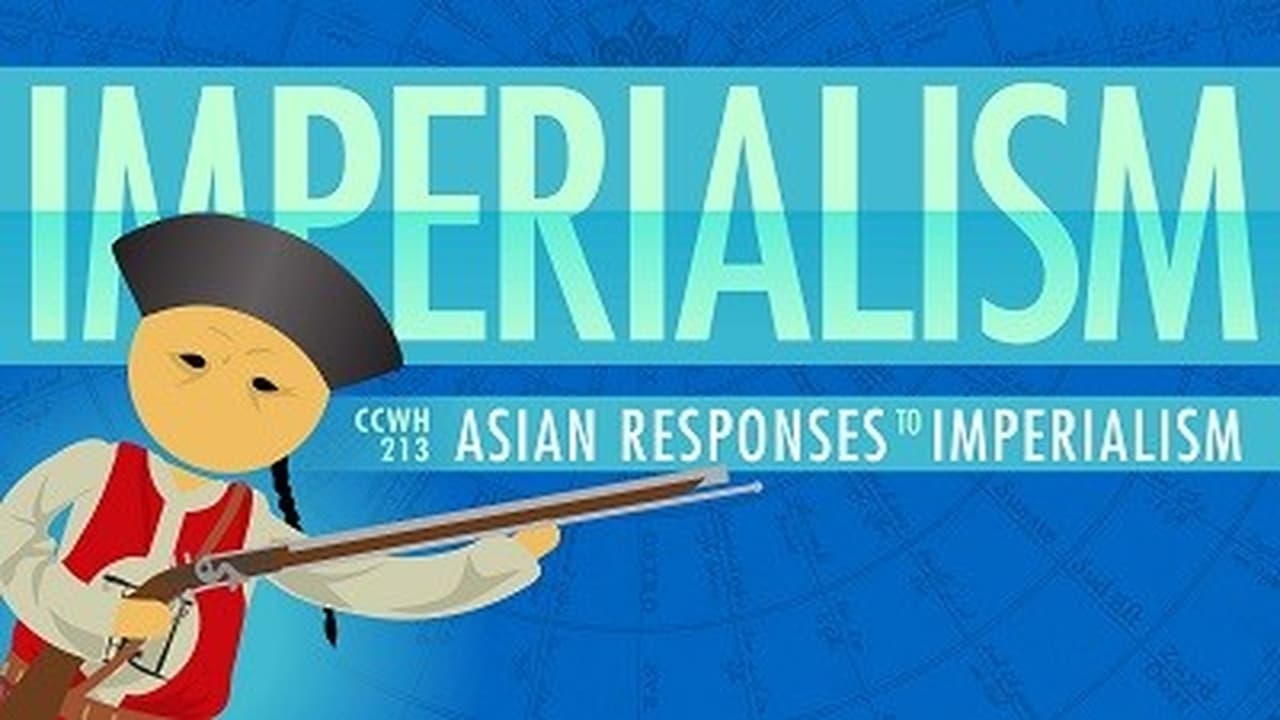
The Rise of the West and Historical Methodology
Episode 12 - 10-17-2014

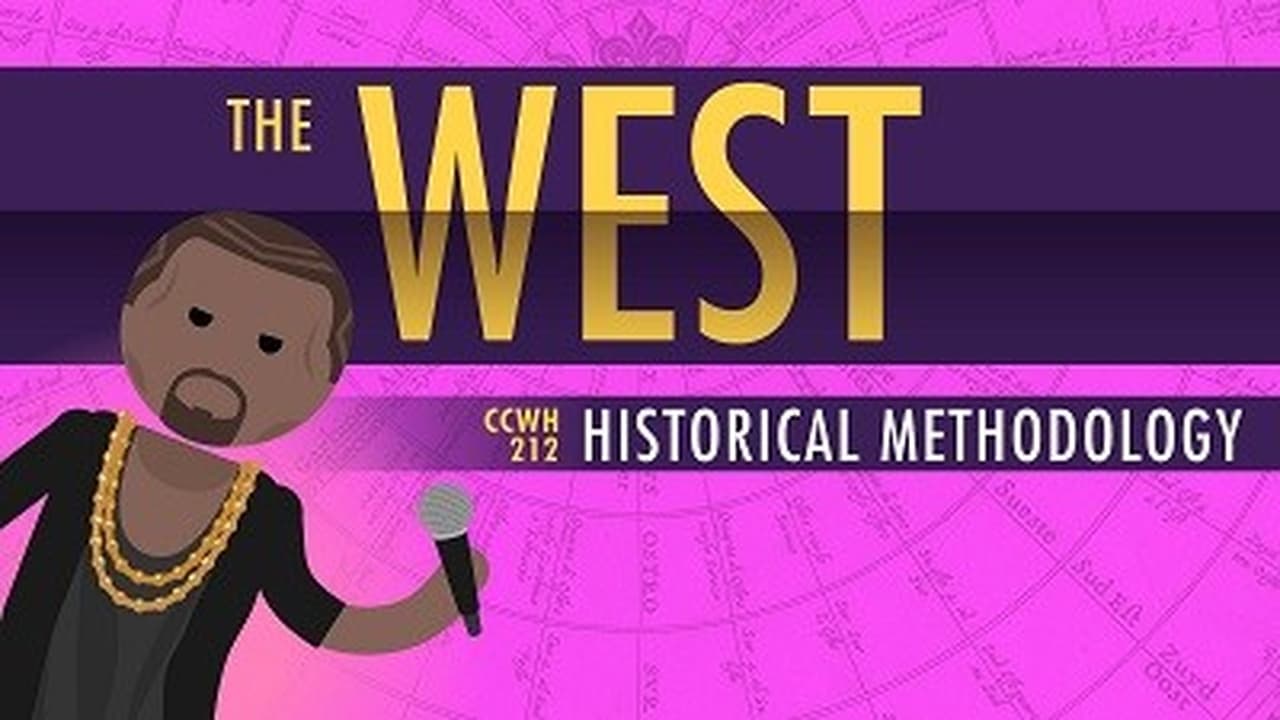
The End of Civilization (In the Bronze Age)
Episode 11 - 10-03-2014

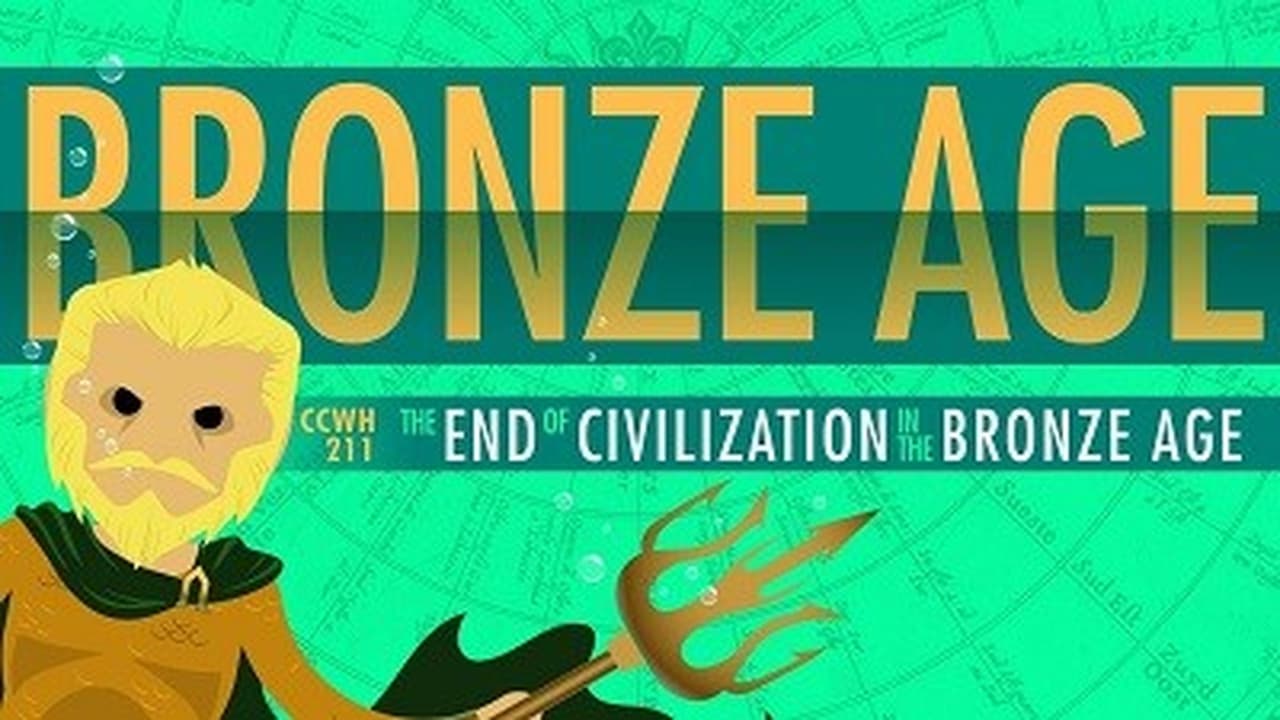
Who Started World War I
Episode 10 - 9-20-2014

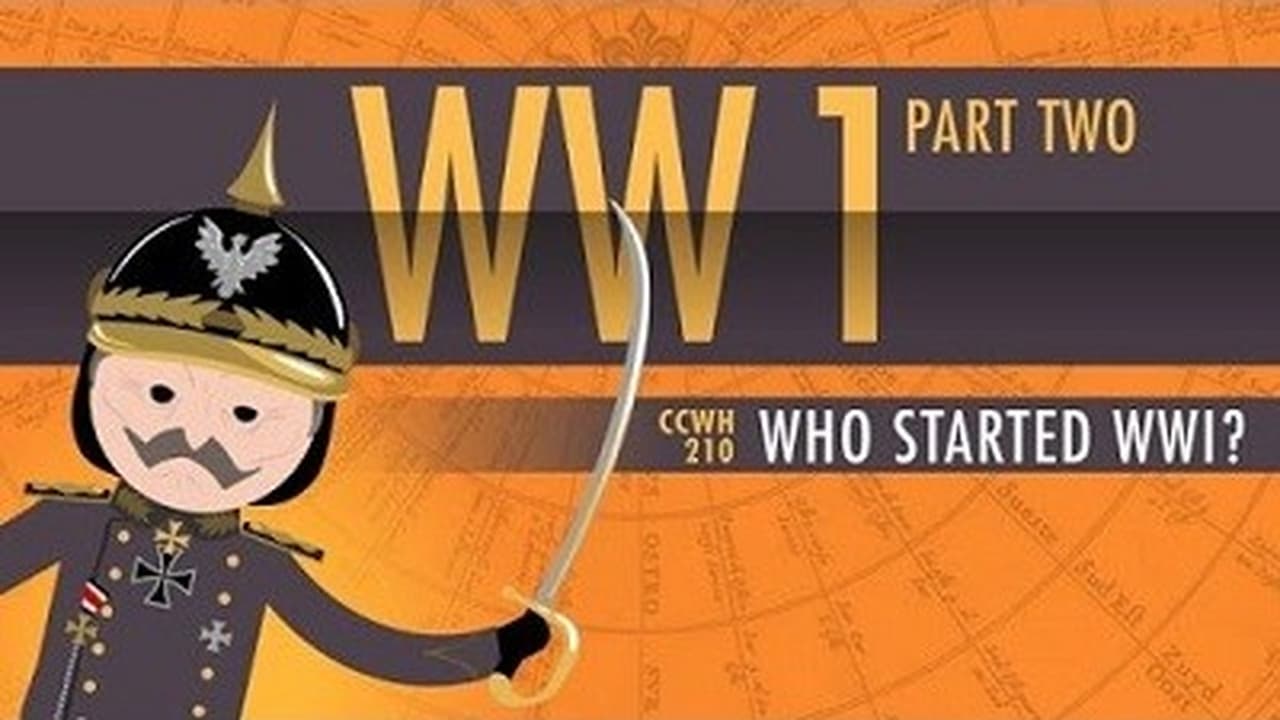
How World War I Started
Episode 9 - 9-12-2014

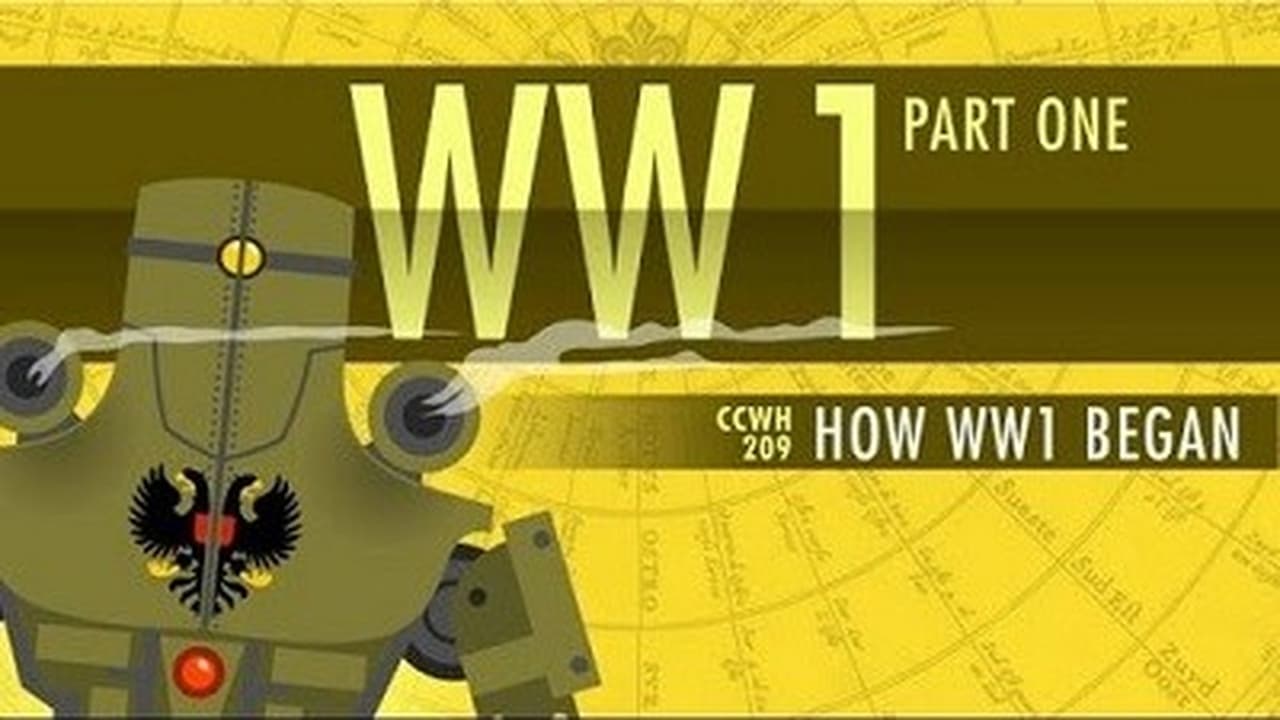
Drought and Famine
Episode 8 - 9-05-2014

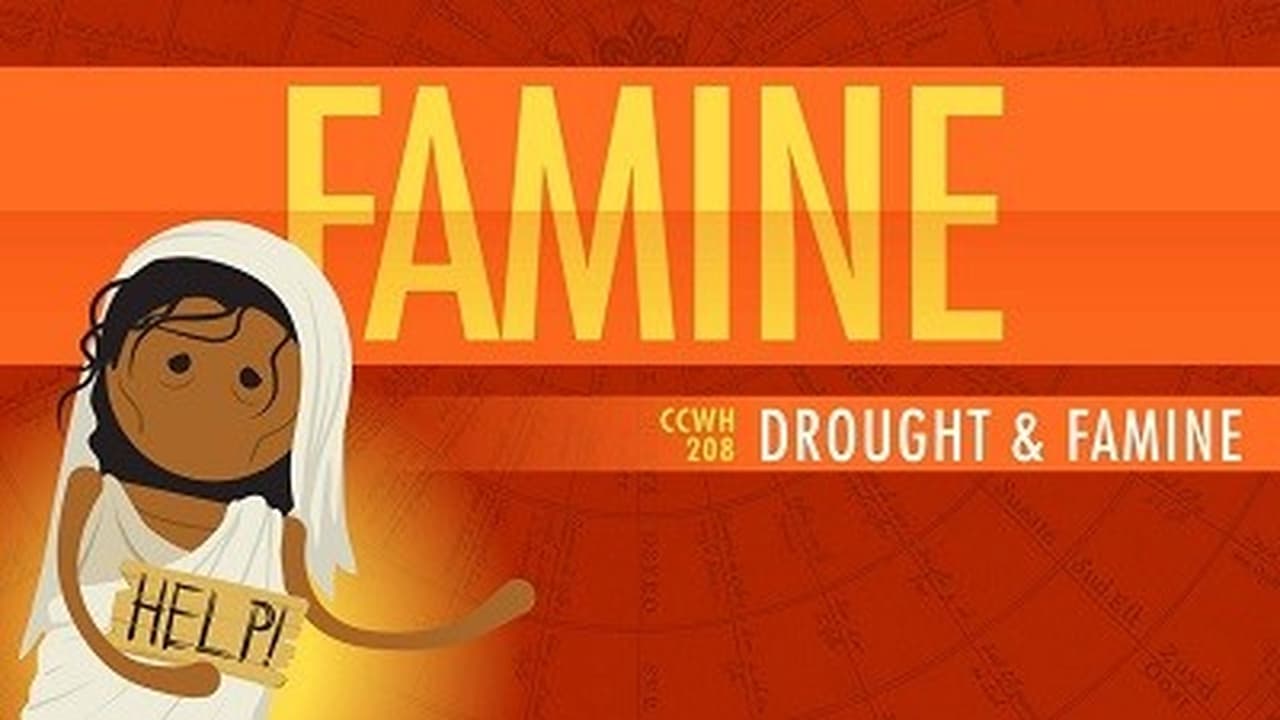
Humans and Energy
Episode 7 - 8-28-2014

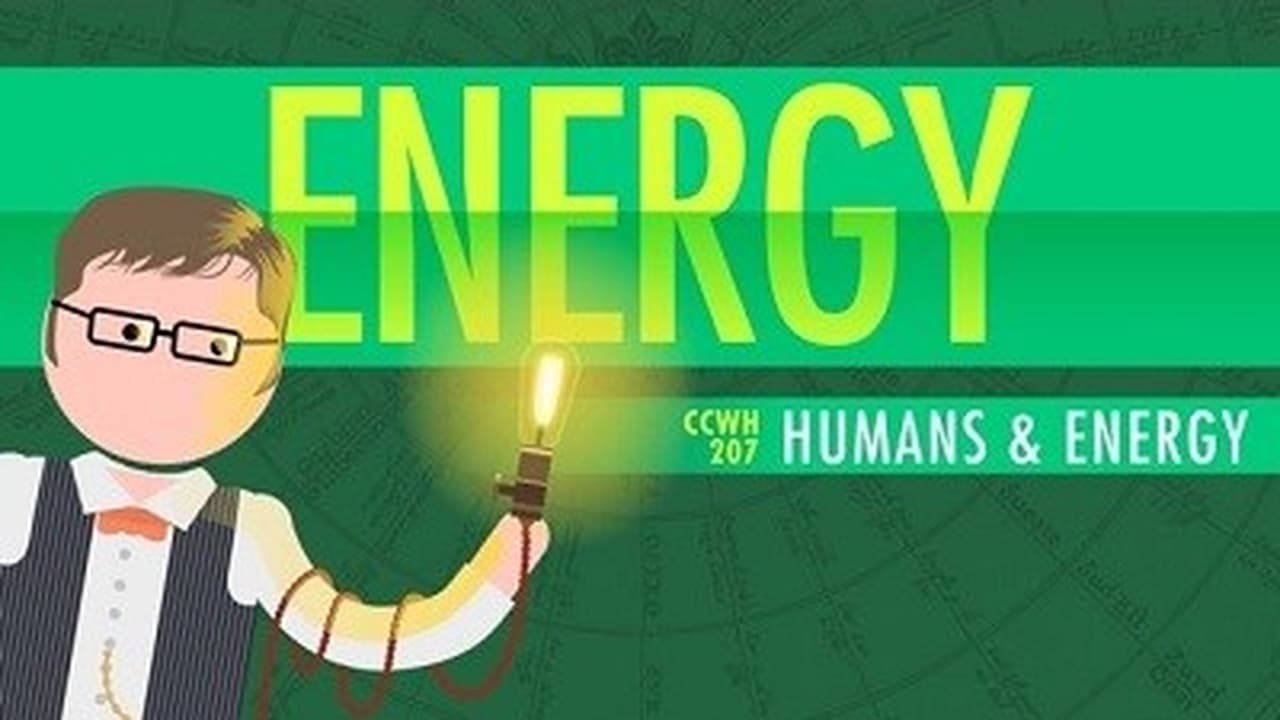
Climate Change, Chaos, and The Little Ice Age
Episode 6 - 8-21-2014

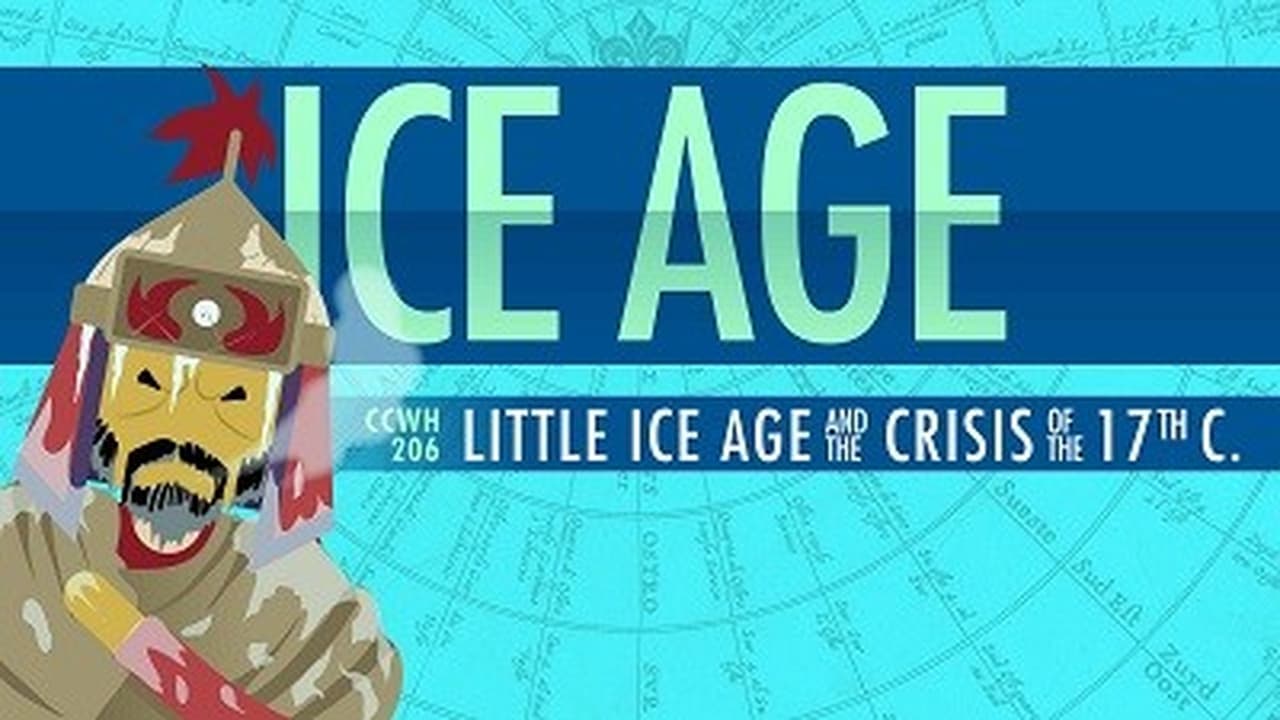
War and Civilization
Episode 5 - 8-09-2014

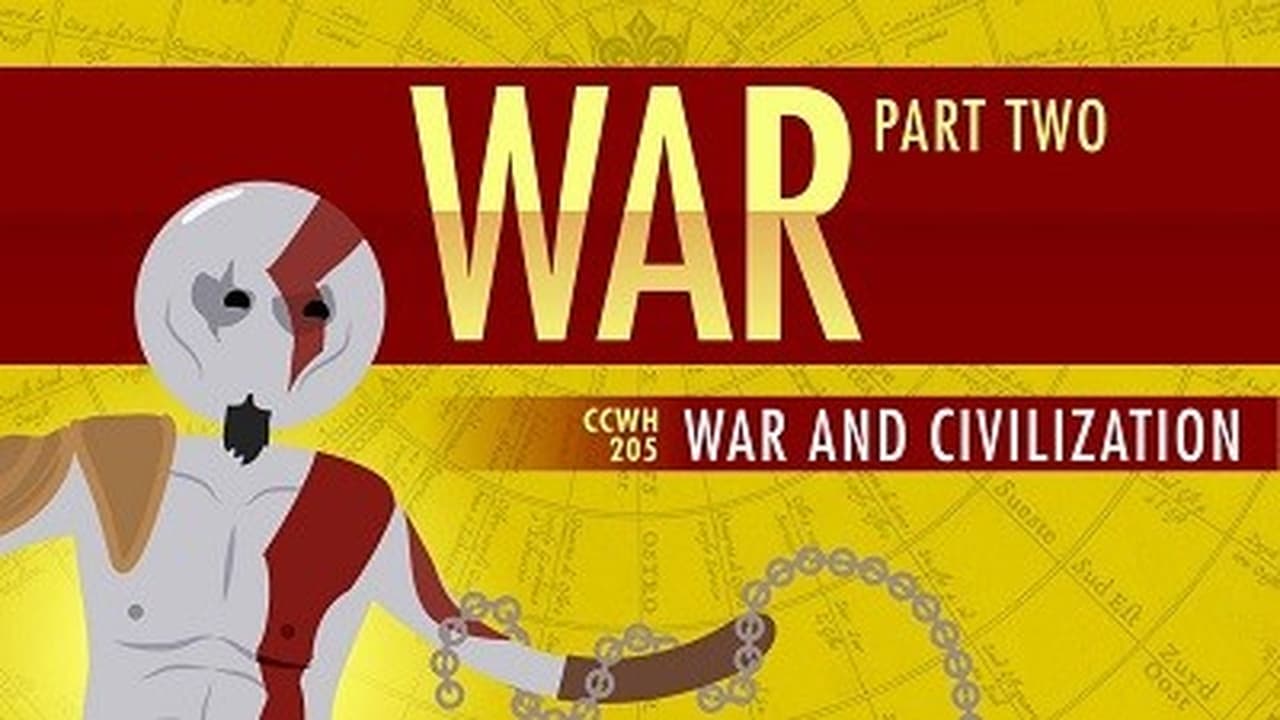
War & Human Nature
Episode 4 - 7-31-2014

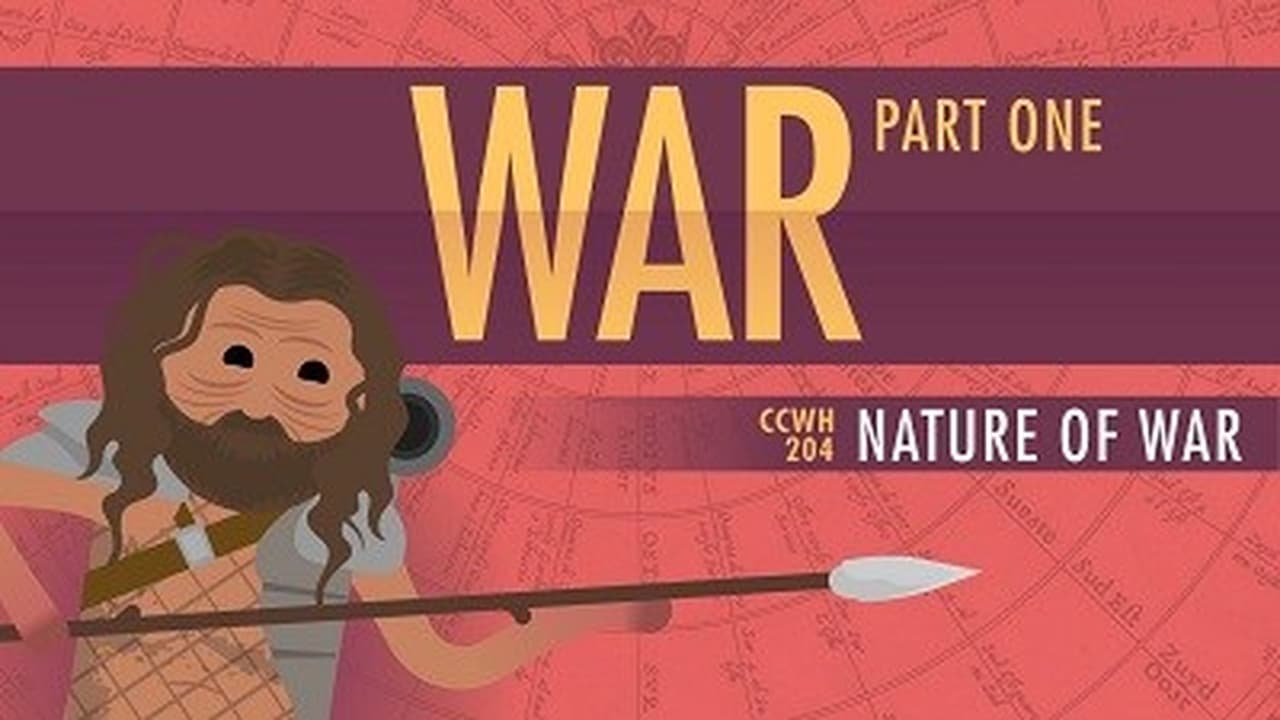
Disease!
Episode 3 - 7-24-2014

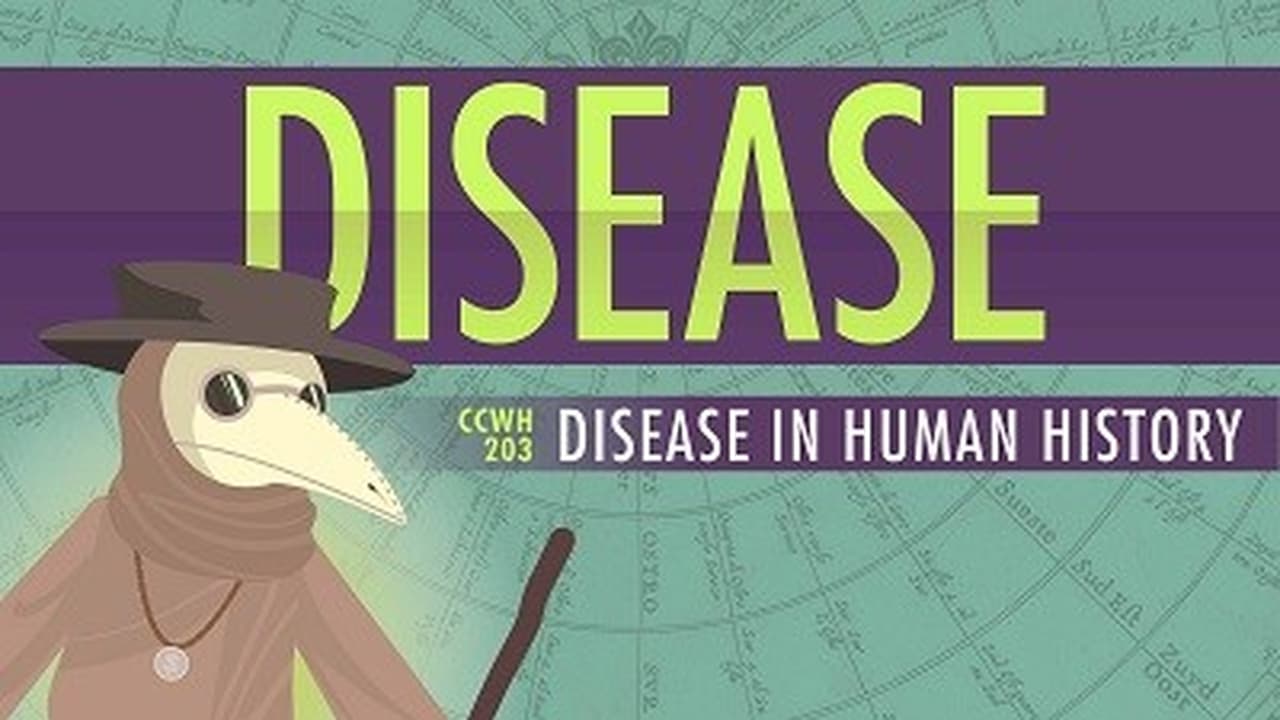
Money & Debt
Episode 2 - 7-17-2014

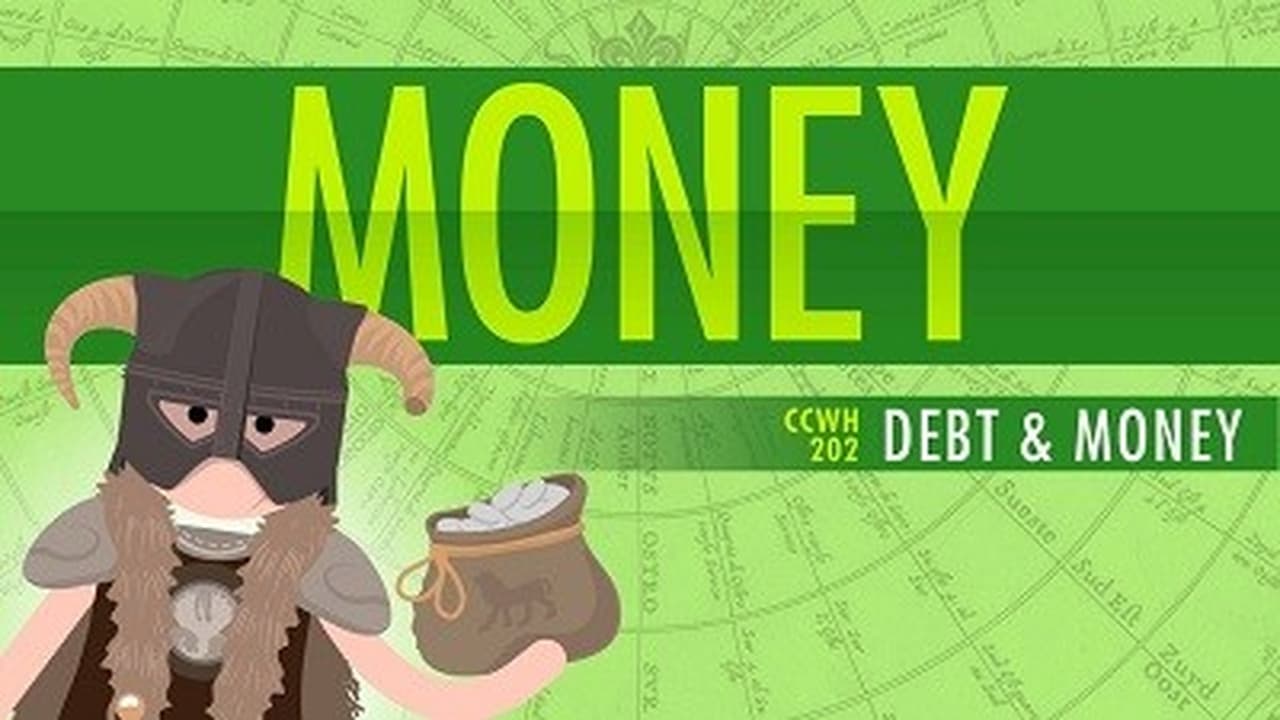
Rethinking Civilization
Episode 1 - 7-11-2014

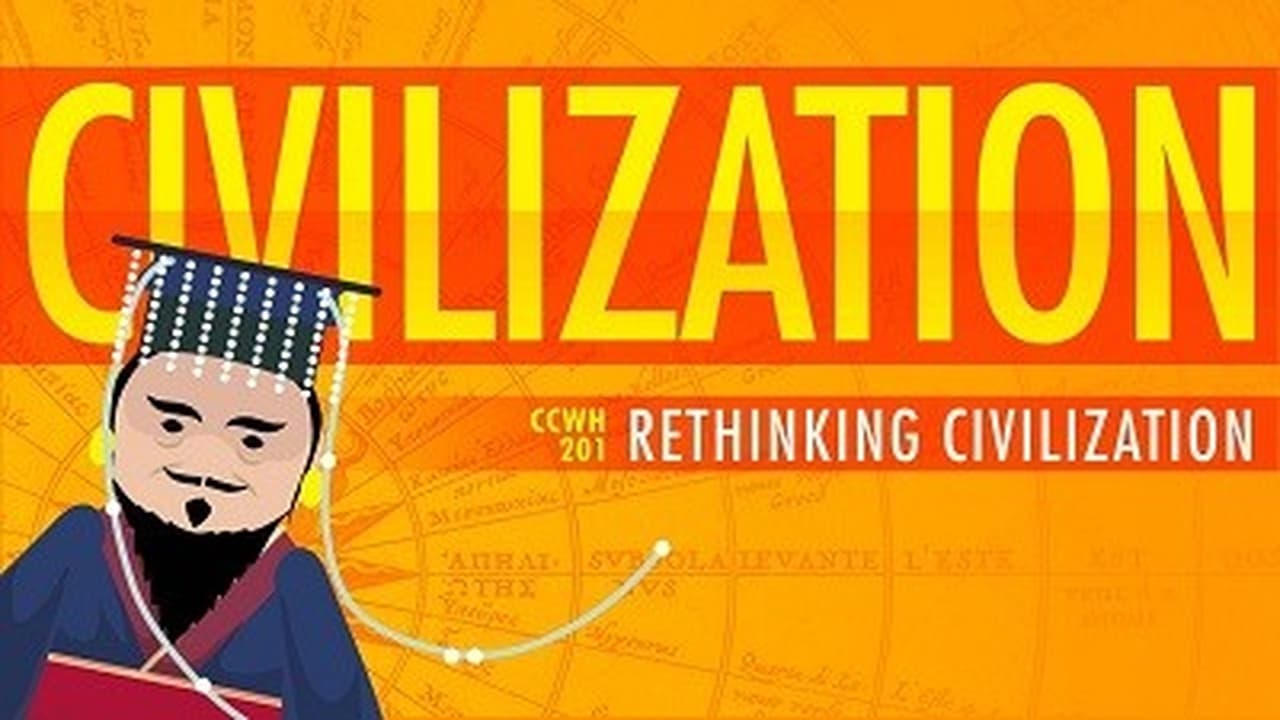

World History
In 42 episodes, John Green will begin teaching you the history of the world! This course is based on the 2012 AP World History curriculum, from growing the first crops in the First Agricultural Revolution to global textile production in the 2010s. By the end of the course, you will be able to: *Identify and explain historical developments and processes *Analyze the context of historical events, developments, and processes and explain how they are situated within a broader historical context *Explain the importance of point of view, historical situation, and audience of a source *Analyze patterns and connections among historical developments and processes, both laterally and chronologically through history *Be a more informed citizen of the worldGlobalization II - Good or Bad?
Episode 42 - 11-09-2012


Globalization I - The Upside
Episode 41 - 11-02-2012


Decolonization and Nationalism Triumphant
Episode 40 - 10-25-2012


USA vs USSR Fight! The Cold War
Episode 39 - 10-18-2012


World War II
Episode 38 - 10-11-2012


Communists, Nationalists, and China's Revolutions
Episode 37 - 10-04-2012


Archdukes, Cynicism, and World War I
Episode 36 - 9-27-2012


Imperialism
Episode 35 - 9-20-2012


Samurai, Daimyo, Matthew Perry, and Nationalism
Episode 34 - 9-13-2012


Capitalism and Socialism
Episode 33 - 9-06-2012


Coal, Steam, and The Industrial Revolution
Episode 32 - 8-30-2012


Latin American Revolutions
Episode 31 - 8-23-2012


Haitian Revolutions
Episode 30 - 8-16-2012


The French Revolution
Episode 29 - 8-10-2012


Tea, Taxes, and The American Revolution
Episode 28 - 8-02-2012


The Amazing Life and Strange Death of Captain Cook
Episode 27 - 7-26-2012


The Seven Years War
Episode 26 - 7-19-2012


The Spanish Empire, Silver, and Runaway Inflation
Episode 25 - 7-12-2012


The Atlantic Slave Trade
Episode 24 - 7-05-2012


The Colombian Exchange
Episode 23 - 6-28-2012


The Renaissance... Was it a Thing?
Episode 22 - 6-21-2012


Columbus, de Gama, and Zheng He! 15th Century Mariners
Episode 21 - 6-14-2012


Russia, The Kievan Rus, and the Mongols
Episode 20 - 6-07-2012


Venice & The Ottoman Empire
Episode 19 - 5-31-2012


International Commerce, Snorkeling Camels, & The Indian Ocean Trade
Episode 18 - 5-24-2012


Wait For It... The Mongols!
Episode 17 - 5-17-2012


Mansa Musa & Islam in Africa
Episode 16 - 5-10-2012


The Crusades - Pilgrimage or Holy War
Episode 15 - 5-03-2012


The Dark Ages... How Dark Were They, Really?
Episode 14 - 4-26-2012


Islam, the Quran, and the Five Pillars All Without a Flamewar
Episode 13 - 4-19-2012


Fall of the Roman Empire... in the 15th Century
Episode 12 - 4-12-2012


Christianity from Judaism to the Constantine
Episode 11 - 4-05-2012


The Roman Empire. Or Republic. Or... Which Was It?
Episode 10 - 3-29-2012


The Silk Road & Ancient Trade
Episode 9 - 3-22-2012


Alexander the Great and the Situation... the Great?
Episode 8 - 3-15-2012


2,000 Years of Chinese History! The Mandate of Heaven & Confucius
Episode 7 - 3-08-2012


Buddha & Ashoka
Episode 6 - 3-01-2012


The Persians & Greeks
Episode 5 - 2-23-2012


Ancient Egypt
Episode 4 - 2-16-2012


Mesopotamia
Episode 3 - 2-09-2012


Indus Valley Civilization
Episode 2 - 2-02-2012


The Agricultural Revolution
Episode 1 - 1-26-2012


